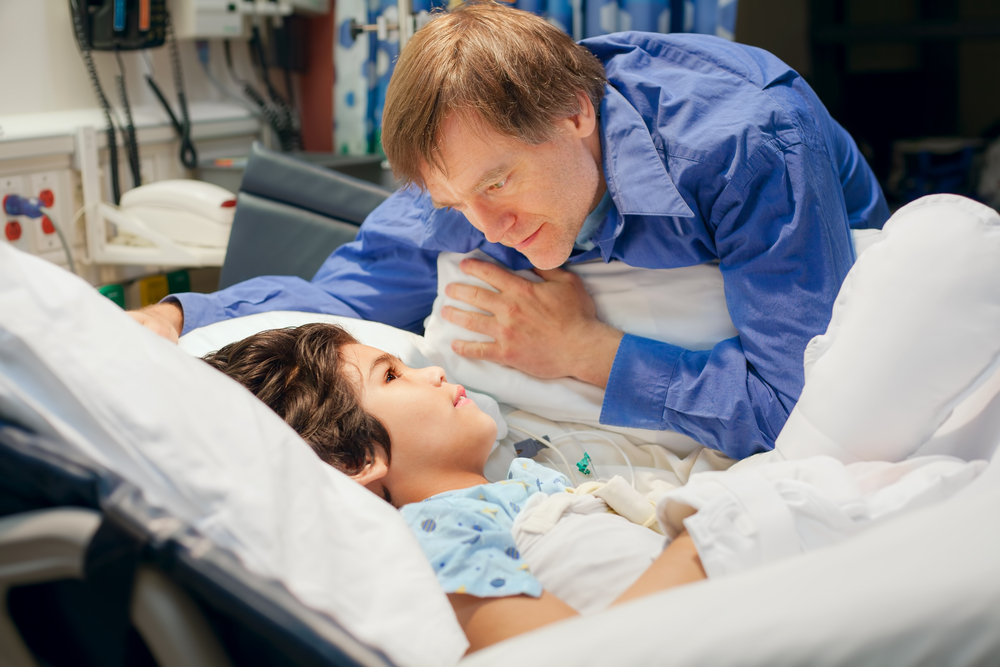Toilet Training Children with Cerebral Palsy
For parents, everyone understands the importance of toilet training their child, but not everyone wants to undertake this task. However, children who have cerebral palsy might struggle even more than a child that doesn’t have this because of how they experience difficulties in the muscles. It becomes even tougher for children who don’t have muscle control because of how they need these muscles to cooperate with cerebral palsy toilet training.

Using a Toilet Chair
Especially for a child that has CP, a toilet chair can help them to use the bathroom more effectively. You have special toilets built specifically for this. Consider a toilet based on the needs. You have a variety of features available that include:
- Safety rails
- Adjustable straps
- Soft cushioning
For a child with CP, they always have a danger that they could slip and fall. You use this type of toilet seat because it makes it easier for your child and lowers the risk for them. Normally, you can find these toilet seats at the local pharmacy, but if you can’t find it at the local pharmacy, most pediatricians can point you in the right direction because of how they work with children on a regular basis. They know how to help them.
When Should You Start Potty Training?
Children who only have a milder form of CP can normally learn to control their bladder at the age of three. You should try to teach your child to learn this at this age, but you should exercise patience because of how it takes time for your child to learn this. Before you begin, it might be a good idea to speak with your child’s pediatrician to learn about the best age for him to begin cerebral palsy toilet training.
What Happens if My Child Struggles with Urinary Continence?
As sometimes happens in children with cerebral palsy, they will sometimes struggle with urinary continence. If you have a child like this, you can take him to see the urologist to get a recommended treatment program. With some of the programs, you will see your child receive surgery, medication, or he might simply do exercises to help strengthen him for this.
Your child might also not be ready to begin potty training, which has sometimes been the case when your child has this birth disorder. You have a few signs that they will be ready that include:
- Telling you they want to go potty
- Going for a few hours before they wet themselves
- Capable of sitting on the toilet
When your child has CP, they might have a disorder that prevent them from successfully using the bathroom. They might have bowel problems, bladder issues or urinary continence problems that make things difficult. You might also have a few cases where the child didn’t reach the toilet in time. You have to make allowance for this to happen as a natural part of the learning process because your child has a birth injury that can make these things difficult.
